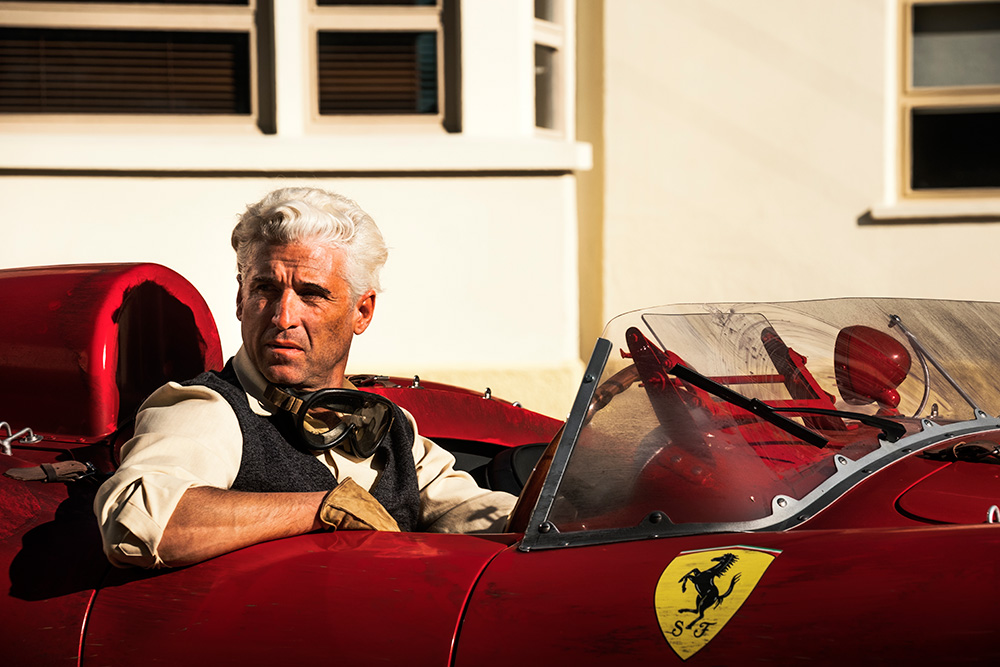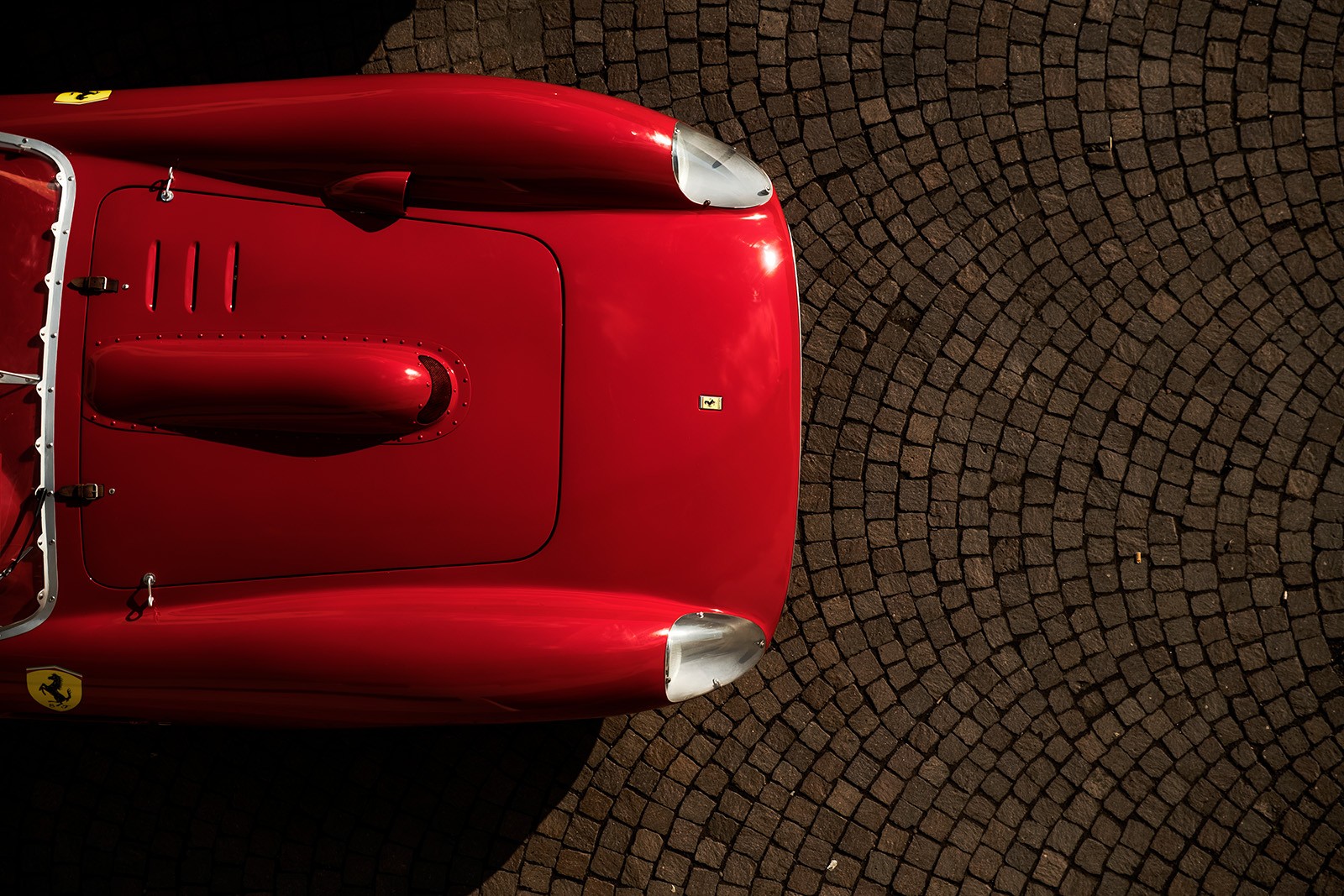Mélo old school
Ferrari is an old school melodrama set in Modena, in 1957, a crucial year during which all the lines of conflict that run through the Commendatore's life converge, on the marital, economic and sporting levels . It will also be the final edition of La Mile Miglia, a legendary car race across Italy which ended that year with a human tragedy on the outskirts of the village of Guidizillo (ten dead, around a hundred injured). From a stylistic point of view, Mann opts for a form of lyrical classicism, signified from the beginning of the film by the simultaneous arrival of a pilot and an opera troupe in Modena, and later, by a large sequence which takes place at the Opera when, to the tune of Parigi, o cara by Verdi, buried memories rise to the surface of the various protagonists.

Questions of style
Michael Mann hadn't made a film in eight years. The commercial and critical failure of Hacker (2015) had forced him to return to treacherous paths (directing the pilot episode of the Tokyo Vice series, writing Heat 2, his first novel), as he had made in the mid-1980s after the mixed success of The Sixth Sense. Moreover, the very refined form of Ferrari, of a disconcerting classicism for some, evokes that of The Last of the Mohicans, his film from the first return in 1992, and could signify, if not a step backward, in any case a desire to return to a more direct, more readable style, apparently less daring than Hacker, Public Enemies and of course Miami Vice.

The story of an existential contradiction££££
But we can also make another hypothesis: at 80 years old, Mann made with Ferrari his most compact film with impressive stylistic clarity. If he gained in precision what he abandoned in experimentation (even if, during the racing sequences, he reinvents the staging of the genre in a few shots), it is because he chose to refocus his film on his characters and more precisely on what prevents and elevates them at the same time, i.e. this existential contradiction which has always haunted his films. “How do these oppositions end up in most of our lives,†Mann said. We sit in an armchair, in front of the TV, and we die without anything having been resolved.†Editor's note: thanks to Jean-Baptiste Thoret, who provides here extracts from the article published in Positif, March 2024.
